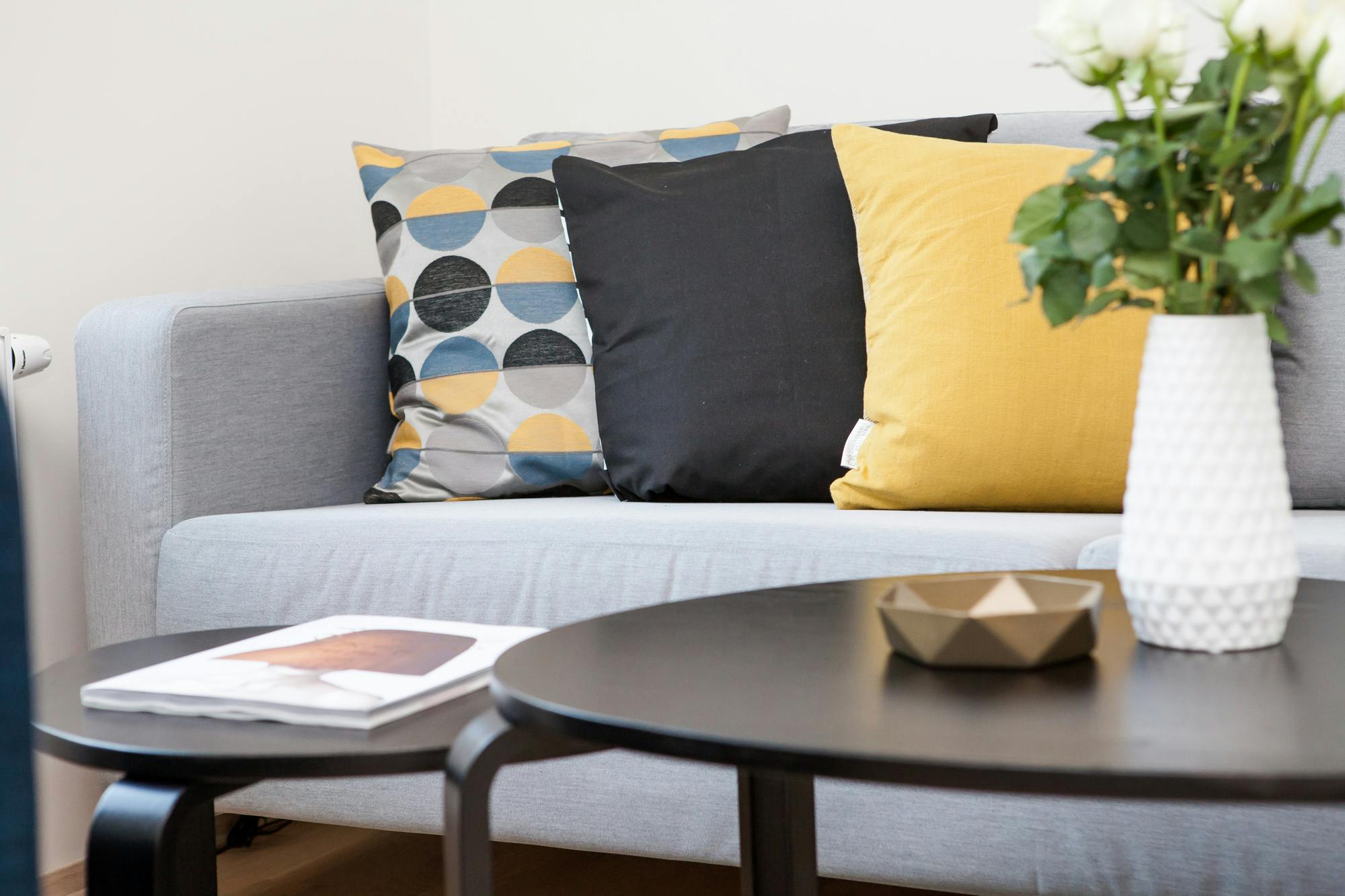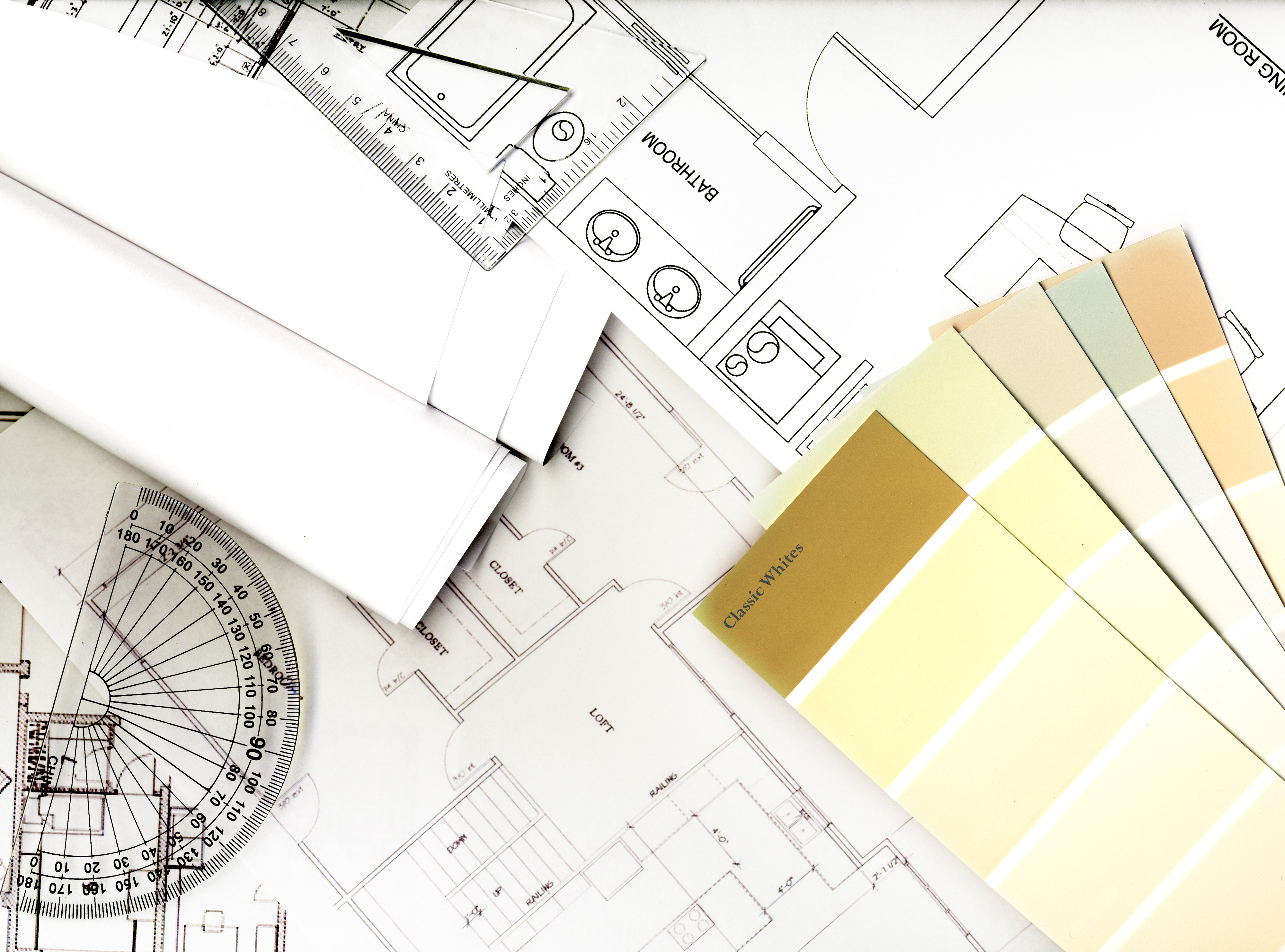Home can mean different things. It can be a Lerato for rent condo, a suite in Holiday Inn, or a villa in Quezon City.
Whatever it is, different things make us feel that we are home. Sometimes, we feel that home is where we spent our childhood. It can also be where we found our partner or where we forged friendships. But because of time and the winds of change, we are forced to leave the place we love and a new one.
If you’ve been away from home for some time and you don’t know where it is anymore, here are some quotes that describe how it feels to leave home in your twenties and come back again.
-
The moment you left your humble home for a rental.

“After you leave home, you may find yourself feeling homesick, even if you have a new home that has nicer wallpaper and a more efficient dishwasher than the home in which you grew up.”
– Lemony Snicket
-
When you’re denying you aren’t lonely but deep down want to come back.

“Home is not where you live but where they understand you.”
– Christian Morgenstern
-
The inner-battle of self-sacrifice and freedom.

“I used to dream about escaping my ordinary life, but my life was never ordinary. I had simply failed to notice how extraordinary it was. Likewise, I never imagined that home might be something I would miss.”
― Ransom Riggs, Miss Peregrine’s Home for Peculiar Children
-
When you decided to not return to the place where you don’t have to pay rent and mortgage because you found “home” in your significant other’s arms.

“Home wasn’t a set house, or a single town on a map. It was wherever the people who loved you were, whenever you were together. Not a place, but a moment, and then another, building on each other like bricks to create a solid shelter that you take with you for your entire life, wherever you may go.”
― Sarah Dessen, What Happened to Goodbye
-
But your relationship didn’t last long, and going home feels like the only way to ease your heartache.

“The desire to go home is the desire to be whole, to know where you are, to be the point of intersection of all the lines drawn through all the stars, to be the constellation-maker and the center of the world, that center called love. To awaken from sleep, to rest from awakening, to tame the animal, to let the soul go wild, to shelter in darkness and blaze with light, to cease to speak and be perfectly understood.”
― Rebecca Solnit, Storming the Gates of Paradise: Landscapes for Politics
-
Fortunately, it’s perfectly fine to come back.

“The ache for home lives in all of us. The safe place where we can go as we are and not be questioned.”
― Maya Angelou, All God’s Children Need Traveling Shoes
-
Besides the hardships of being a twenty-something from career, dating to finances, don’t lose hope.

“Home isn’t a place, it’s a feeling.”
― Cecelia Ahern, Love, Rosie
-
You still have your parents, relatives and supportive friends. Chin up and live in the moment. You still have a lot of time ahead of you.

“Well, sometimes home is a person.”
― Beth Revis, A Million Suns
-
The right person will come to sweep you off your feet and accept you for who you are. This person will make a home out of nothing and will make it seem that every place, as long as you are together, is home.

“Home is the nicest word there is.”
― Laura Ingalls Wilder
-
He or she will tame your rebel heart and make you see you and your family’s worth in your life. It will make you understand what home really is.

“I don’t care if we have our house, or a cliff ledge, or a cardboard box. Home is wherever we all are, together,”
― James Patterson
:max_bytes(150000):strip_icc()/GettyImages-93910879-5b295c57fa6bcc003601b27c.jpg)








